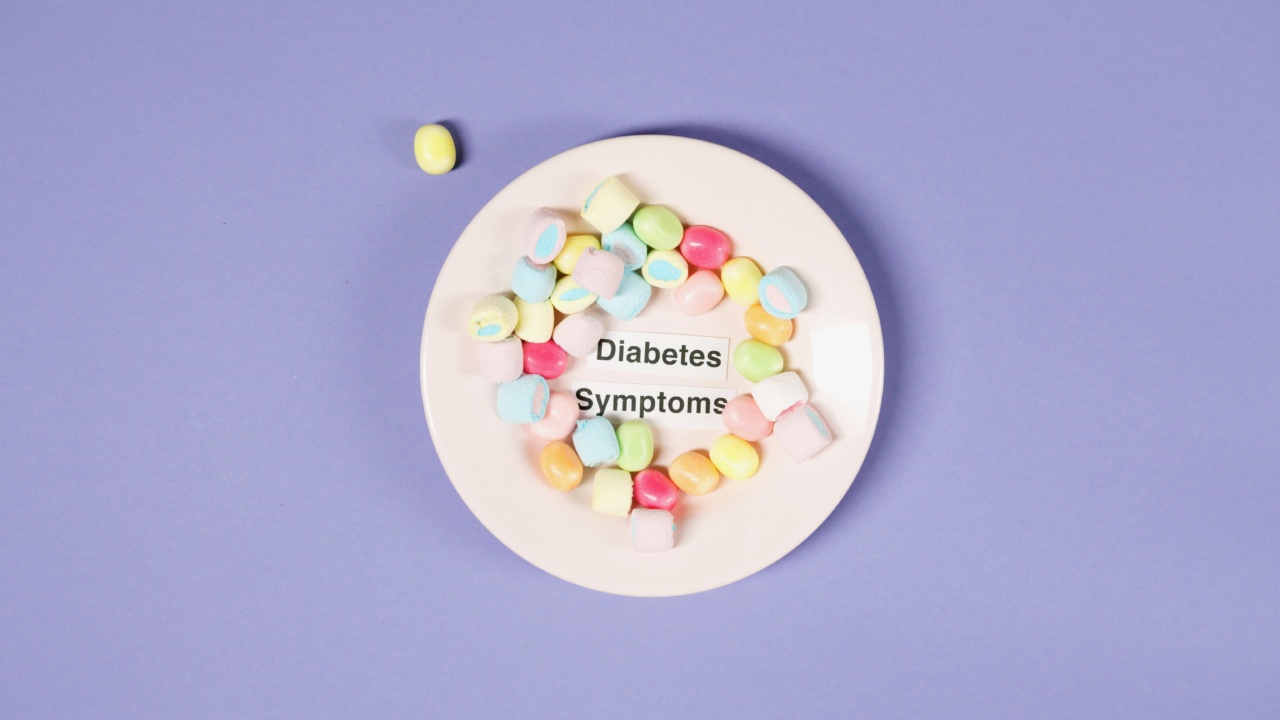The thyroid gland is a small butterfly-shaped gland located in the front of the neck. It produces hormones that regulate metabolism and have an impact on several bodily functions.
When functioning normally, the thyroid gland is important for proper growth and development, body temperature, energy levels, and heart rate.
World Thyroid Day is observed on May 25th every year to raise awareness about thyroid disorders and the importance of early detection and treatment.
What Are the Symptoms of Thyroid Disorders?
Thyroid disorders can cause a range of symptoms, and the severity of these symptoms may vary depending on the type and severity of the thyroid disorder. Here are nine common symptoms to look out for:.
1. Fatigue and Weakness
Feeling tired and weak is a common symptom of an underactive thyroid gland, also known as hypothyroidism. The thyroid gland produces hormones that are responsible for energy production in the body.
When the thyroid gland is not producing enough hormones, it can lead to fatigue, weakness, and a general feeling of low energy.
2. Weight Changes
Thyroid disorders can cause weight changes. An underactive thyroid gland can cause weight gain, while an overactive thyroid gland can cause weight loss. The weight changes may occur despite no significant changes in diet or exercise habits.
3. Mood Changes
Thyroid disorders can also cause changes in mood. Hypothyroidism can cause depression, anxiety, and irritability, while hyperthyroidism can cause nervousness, restlessness, and a tendency to be easily agitated.
4. Hair and Skin Changes
The thyroid gland plays an important role in maintaining healthy hair and skin. Hypothyroidism can cause hair loss, dry skin, and brittle nails, while hyperthyroidism can cause hair thinning and excessive sweating.
5. Heart Rate Changes
The thyroid gland is responsible for regulating the heart rate. An overactive thyroid gland can cause a fast heart rate (tachycardia), while an underactive thyroid gland can cause a slow heart rate (bradycardia).
6. Menstrual Irregularities
Thyroid disorders can also affect menstrual periods. Hypothyroidism can cause heavy or irregular periods, while hyperthyroidism can cause light or infrequent periods.
7. Muscle Weakness and Tremors
An overactive thyroid gland can cause muscle weakness and tremors, which can be particularly noticeable in the hands.
8. Bowel Changes
The thyroid gland can affect bowel movements. Hypothyroidism can cause constipation, while hyperthyroidism can cause diarrhea or more frequent bowel movements.
9. Neck Discomfort and Swelling
Thyroid disorders can cause swelling and discomfort in the neck area. An enlarged thyroid gland, known as a goiter, can cause a noticeable lump in the neck area. The goiter may be accompanied by discomfort or a feeling of tightness in the throat area.
If you are experiencing any of these symptoms, it is important to speak with your healthcare provider.
They can perform a physical exam, review your medical history, and run diagnostic tests to determine if a thyroid disorder is the underlying cause of these symptoms.
Conclusion
Thyroid disorders are common, but they can often go undiagnosed if not recognized and treated early.
World Thyroid Day is an opportunity to raise awareness about thyroid disorders and encourage people to seek medical advice if they are experiencing any symptoms. Remember, early detection and treatment can make a significant difference in managing thyroid disorders.






























